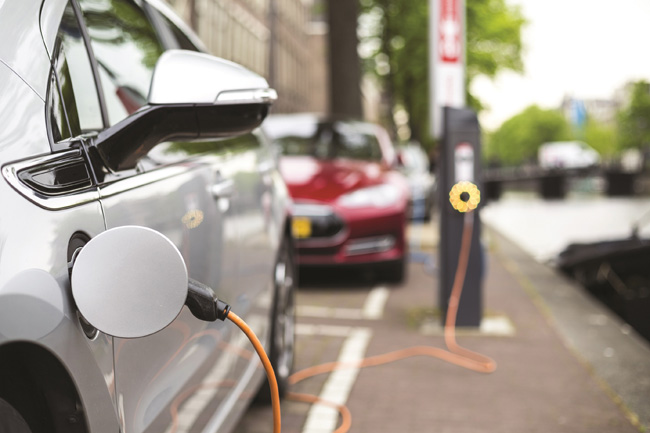A greater understanding of how low carbon vehicles can meet the needs of mainstream consumers is needed if the huge challenge of decarbonising transport in the UK is to be achieved, according to the Energy Technologies Institute (ETI).
The ETI believes the most promising opportunity is for an increase in the use and ownership of plug-in electric vehicles (hybrids and battery operated) but new market structures will have to be introduced to enable and support the most promising solutions.
Many people
A greater understanding of how low carbon vehicles can meet the needs of mainstream consumers is needed if the huge challenge of decarbonising transport in the UK is to be achieved, according to the Energy Technologies Institute (ETI).
The ETI believes the most promising opportunity is for an increase in the use and ownership of plug-in electric vehicles (hybrids and battery operated) but new market structures will have to be introduced to enable and support the most promising solutions.
Many people believe hydrogen vehicles can help deliver decarbonisation. The ETI believes that hydrogen could play a long-term role towards and beyond 2050, but it is hard to see the UK hydrogen industry being able to match the scale needed for mass market transport use before then. The growth in autonomous vehicles also has to be understood as it will affect the number, length and efficiency of vehicle trips and consequently energy supply requirements.
ETI believes the scale of the challenge to transition to low carbon vehicles is huge. Plug-in electric vehicles currently make up less than one per cent of vehicles in the UK.
The energy supply for electric vehicles has to provide effective solutions and smart charging solutions need to deliver enough charge by the time consumers need it and cater for occasions that are unexpected. But the UK will also need to adapt and enhance its electricity network to absorb predicted demand so the delivery of smart charging solutions can reduce the otherwise high investment needed to reinforce the network.
Importantly consumers have to be willing to participate in a transition, meaning the provision of simple, unobtrusive but effective solutions, so it is vital that the needs of mainstream consumers are understood and catered for.
The ETI is also stressing the need to manage the social impact of any transition as any system that taxes vehicles which are less efficient and more polluting will most likely hit the poorest hardest as this is the sector of society that generally has less opportunity to purchase newer, cleaner vehicles.
The ETI believes the most promising opportunity is for an increase in the use and ownership of plug-in electric vehicles (hybrids and battery operated) but new market structures will have to be introduced to enable and support the most promising solutions.
Many people believe hydrogen vehicles can help deliver decarbonisation. The ETI believes that hydrogen could play a long-term role towards and beyond 2050, but it is hard to see the UK hydrogen industry being able to match the scale needed for mass market transport use before then. The growth in autonomous vehicles also has to be understood as it will affect the number, length and efficiency of vehicle trips and consequently energy supply requirements.
ETI believes the scale of the challenge to transition to low carbon vehicles is huge. Plug-in electric vehicles currently make up less than one per cent of vehicles in the UK.
The energy supply for electric vehicles has to provide effective solutions and smart charging solutions need to deliver enough charge by the time consumers need it and cater for occasions that are unexpected. But the UK will also need to adapt and enhance its electricity network to absorb predicted demand so the delivery of smart charging solutions can reduce the otherwise high investment needed to reinforce the network.
Importantly consumers have to be willing to participate in a transition, meaning the provision of simple, unobtrusive but effective solutions, so it is vital that the needs of mainstream consumers are understood and catered for.
The ETI is also stressing the need to manage the social impact of any transition as any system that taxes vehicles which are less efficient and more polluting will most likely hit the poorest hardest as this is the sector of society that generally has less opportunity to purchase newer, cleaner vehicles.











